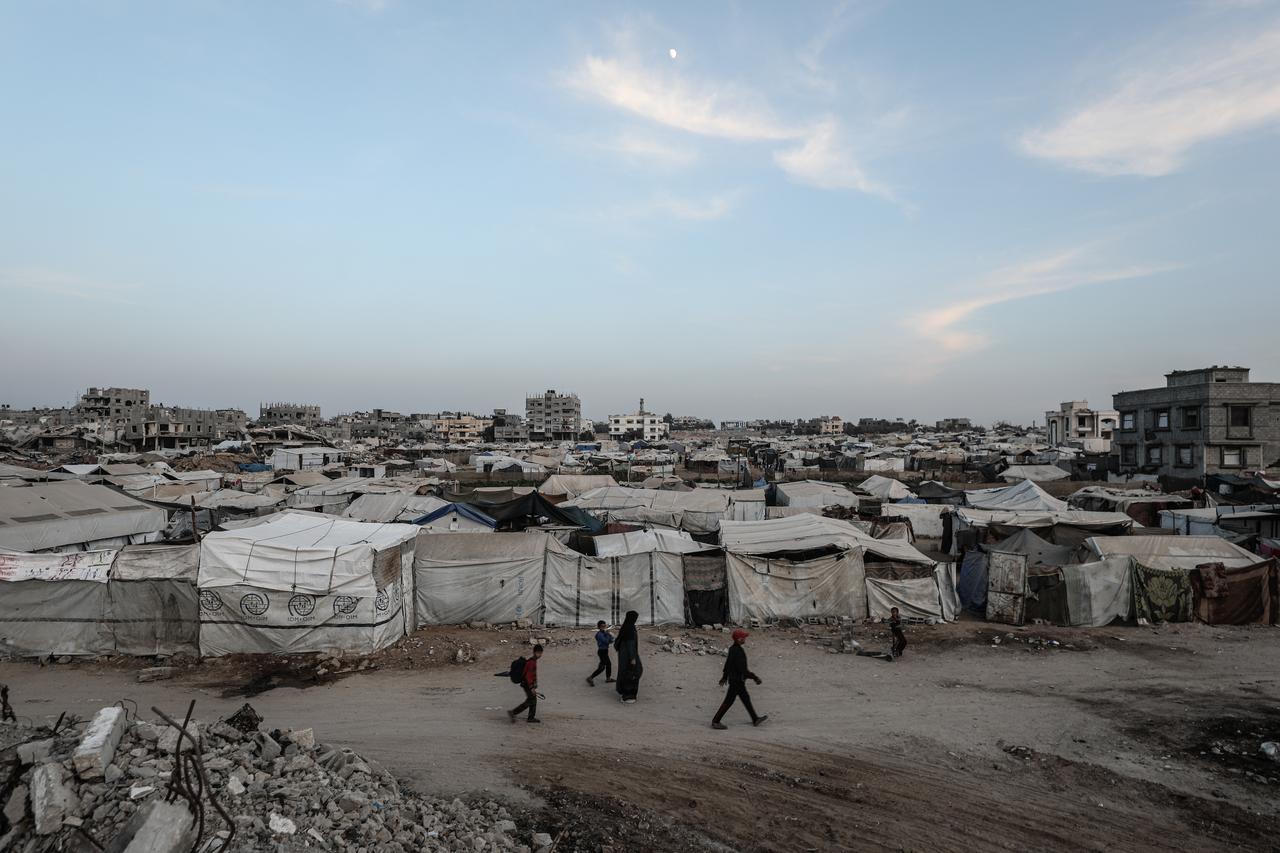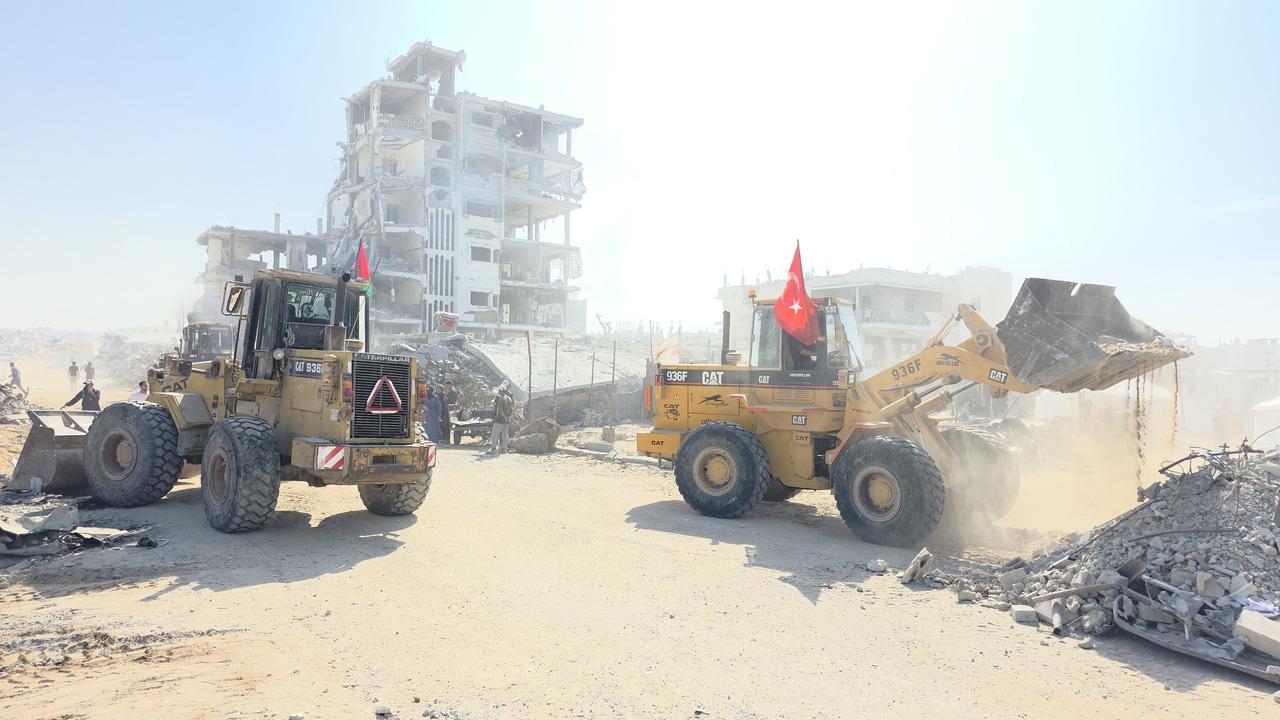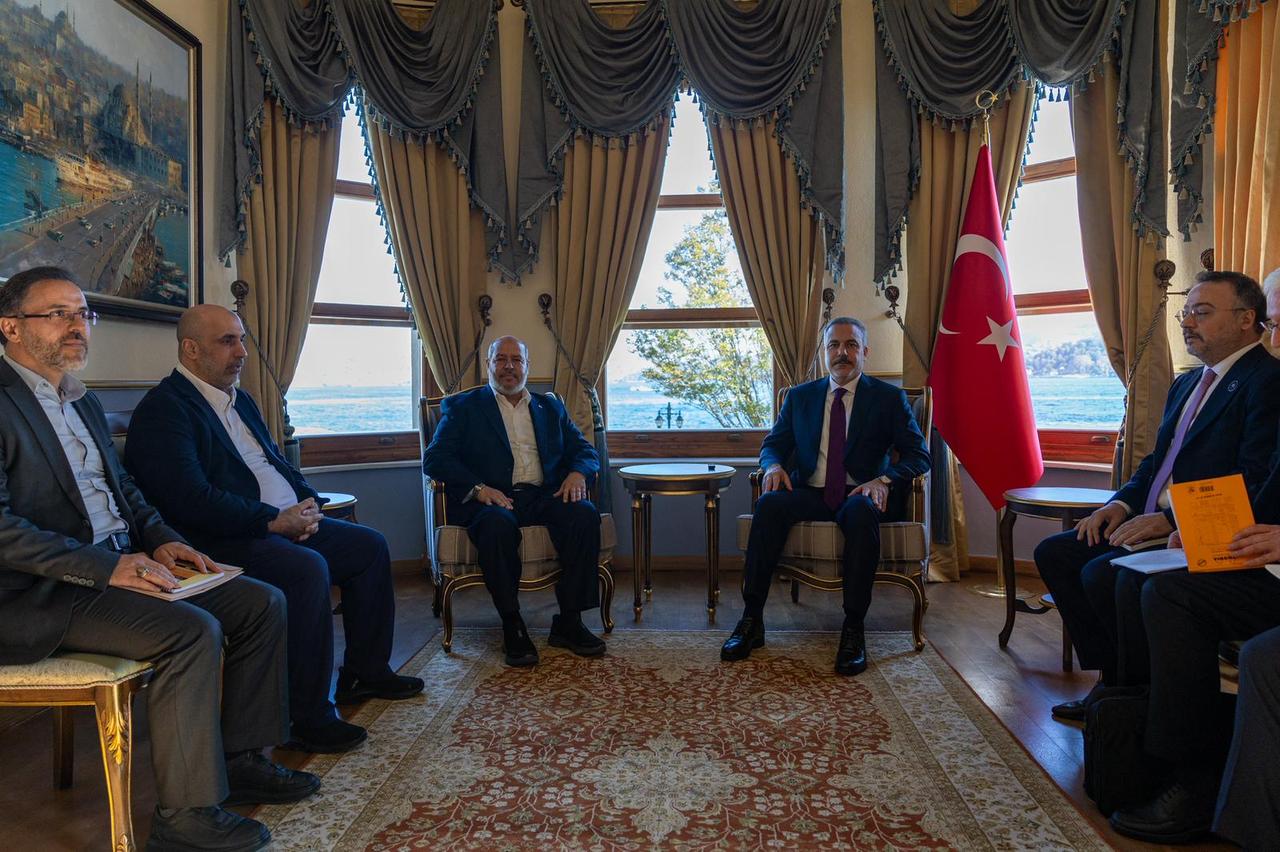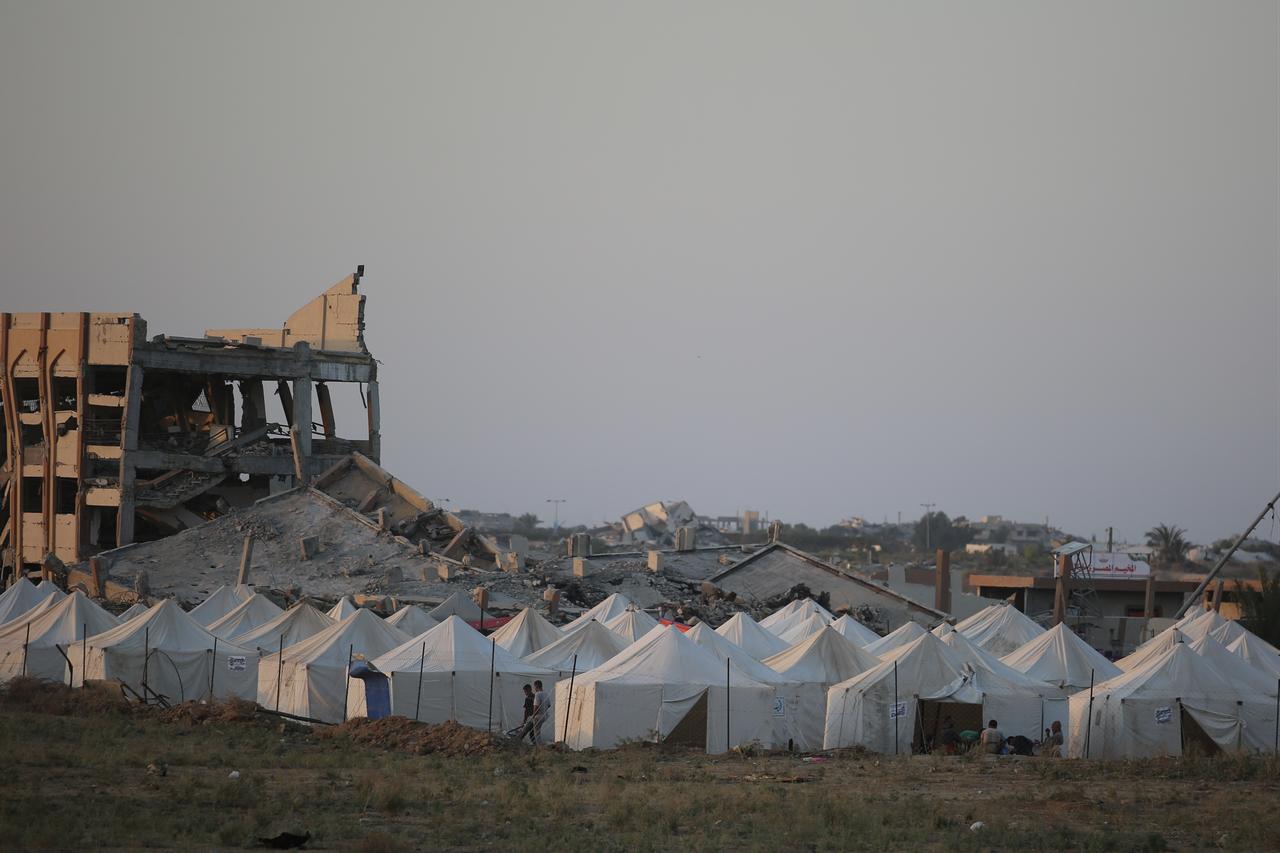
Foreign Minister Hakan Fidan will host a Gaza-focused meeting in Istanbul on Monday (Nov. 3), bringing together foreign ministers from key Muslim-majority nations to address ceasefire developments and the humanitarian situation in Gaza, according to Turkish Foreign Ministry sources.
The meeting is expected to include foreign ministers from countries that met with U.S. President Donald Trump on the sidelines of the U.N. General Assembly's 80th High-Level Week in New York on Sept. 23.
These countries are Türkiye, the United Arab Emirates, Indonesia, Qatar, Pakistan, Saudi Arabia and Jordan.
According to Foreign Ministry sources, the gathering will address recent ceasefire developments and the humanitarian situation in Gaza, with particular emphasis on coordinated action by Muslim nations.

Foreign Ministry sources indicate that Foreign Minister Fidan is expected to address several critical issues during the meeting:
Foreign Ministry sources indicate that Fidan will stress that the continuous delivery of adequate humanitarian aid to Gaza is both a humanitarian and legal obligation and that pressure must be applied to Israel to ensure compliance.

The Istanbul meeting represents a continuation of diplomatic efforts initiated during the U.N. General Assembly's High-Level Week in September 2025, where these countries coordinated their positions on Gaza under the Trump administration's engagement.
Foreign Ministry sources emphasized that the meeting reflects Türkiye's commitment to leading regional coordination on Gaza issues and maintaining unified positions among Muslim-majority nations on humanitarian and political dimensions of the conflict.
The timing of the meeting—occurring after months of ceasefire implementation and amid ongoing questions about compliance—reflects the need for a reassessment of ceasefire mechanisms and humanitarian delivery systems, according to Foreign Ministry sources.

The participation of seven nations with significant influence in the Middle East and broader Muslim world underscores the diplomatic weight being given to the Istanbul meeting.
The group includes major regional powers and countries with substantial humanitarian interests in Gaza's stabilization.
According to foreign ministry sources, the coordination among these nations is viewed as critical to ensuring that ceasefire agreements are maintained and that humanitarian principles are upheld in the post-conflict phase of the Gaza situation.
The meeting is expected to produce coordinated messaging on Gaza policy and potentially lay the groundwork for further diplomatic initiatives to support Palestinian self-governance and long-term peace prospects in the region.